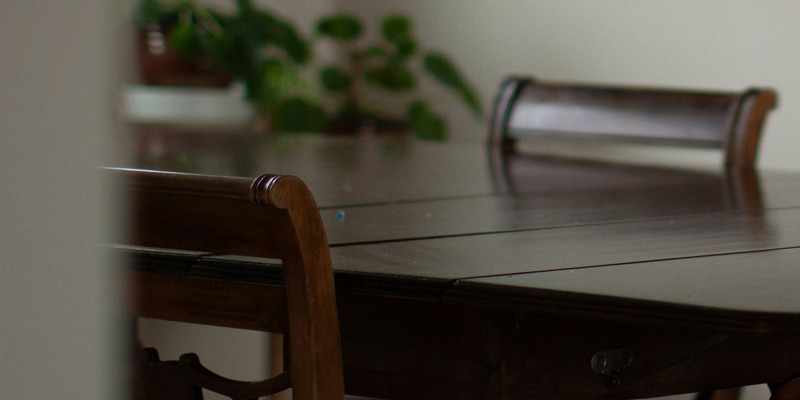
Facilitating a settlement—which table and who should be there?
Partner Kate Hamilton reflects on how the most critical conversations she has with clients are about where and how to negotiate their settlements upon divorce or separation.
Who is going to sit around the table? I didn’t think after 20 years in my family law career I would be talking to my clients about tables, but I do, often.
I talk them through the legal process of separation (mostly divorce), the law that will apply to their case and I advise them on how I think the assets and income will be divided. There are usually some really interesting legal or tactical considerations specific to their situation and every case is different. It is why I find my job still so fulfilling.
However, I spend more time now than ever on the ‘how’. How can they work with their separating partner to reach a settlement about their financial division? The ‘how’ is (in my view) the most important aspect.
So, let’s get back to the table.
What table is best to facilitate a settlement and who needs to be sat around that table?
- Is it just the two of them sat at their kitchen Island (let’s be honest the more trendy of kitchen surfaces)? Whilst this could work for some couples, for most this could be too challenging without knowing the law or how the process works.
- Is it a slightly more formal table needing a neutral third party to guide and facilitate their conversations with some added specialist legal knowledge—a family law mediator for instance?
- Do the couple feel they need more support with on-the-spot legal advice and hence the table needs to be large enough to accommodate a family lawyer acting for both clients—this is the One Lawyer Model and I am starting to see and act in more of these cases—or perhaps the table could accommodate two lawyers, one for each party so that a settlement can be explored and reached?
- Is there a need to have some directive views on what a settlement could look like from someone acting as a judge—an early neutral indication or a private settlement hearing to resolve the dispute?
- Finally, is it sitting around a table (or in reality numerous benches in a court room) because they need to hand over their autonomy and control and ask somebody else to make a decision?
Non-court dispute resolution
In light of the FPR r3.4 (1) (Family Procedure Rules) change this April and also the recent case of NA v LA [2024] EWFC 13, times are changing fast and we need to think even more about non-court dispute resolution.
As an accredited mediator, I am a person that helps facilitate couples to separate their assets and income, around a table. I wholeheartedly believe it is not just for ‘straightforward’ assets or couples who ‘get on’. Sitting around a table isn’t the easy option for anyone but it really comes into its own when assets or structures are complex and explanations (both written and verbal) are needed. How many times has a case been solved by picking up the phone and actually getting to the crux of why my client is wanting ‘X’ and their client wants ‘Y’?
Mediation is bespoke, it should be tailored to every case and every set of assets. It can include lawyers or mirror the civil model if that is more appropriate. We can facilitate the right questions to be asked and answered, obtain proper and full disclosure and ascertain the right experts or third parties to join us in the process. I am also seeing more barristers come into the process to offer their view on a grey or tricky area of law. As my late Yorkshire mother would say “we shall look it straight in the eye Kate” and I feel now more than ever, our duty to our clients is to use these types of processes to create a tailored, direct and professional forum to agree their settlement terms.
Kate Hamilton is a partner in the family and children team and has substantial expertise built up over many years in negotiating pre-nuptial agreements and in resolving financial settlements for couples following the breakdown of their marriage or civil partnership. She is both a mediator and is trained as a Resolution Together solicitor (a one lawyer model).
Get in touch
If you would like to speak with a member of the team you can contact our family and children solicitors by email, by telephone on +44 (0)20 3826 7520 or complete our enquiry form.





